1. Introduction: The Importance of AI Ethics in Facebook
In an era defined by technological advancements, Facebook has emerged as a global leader in harnessing the power of artificial intelligence (AI). However, with great innovation comes great responsibility. As Facebook continues to leverage AI to enhance user experiences and drive business growth, the ethical implications of this technology have become increasingly significant. Striking a delicate balance between innovation and user protection is crucial for the company’s long-term success and the trust of its billions of users worldwide.
2. The Growth of Artificial Intelligence at Facebook
Facebook has experienced exponential growth in AI usage. AI algorithms analyze data, learn patterns, and enhance user interactions for engagement.
3. Understanding AI Ethics
3.1 What is AI Ethics?
AI ethics refers to the moral and societal considerations associated with the development, deployment, and use of artificial intelligence. It involves understanding and mitigating potential biases, ensuring transparency and accountability, protecting user privacy and data, and addressing the broader impact of AI on society. AI ethics serves as a guide to prevent AI systems from causing harm, while promoting fairness, inclusivity, and respect for human values.
3.2 Why is AI Ethics Important for Facebook?
As a global platform with billions of users, Facebook wields significant influence over people’s lives. AI systems deployed within the platform can shape content consumption, affect user behavior, and influence societal narratives. Ensuring that AI is used ethically is vital to protect user rights, prevent discrimination, and maintain public trust. By prioritizing AI ethics, Facebook aims to foster a safe and inclusive environment for its users.
4. Balancing Innovation and User Protection
When it comes to AI ethics, Facebook faces the challenge of balancing innovation with user protection. Here are three key aspects that require careful consideration:
4.1 User Privacy and Data Protection
Protecting user privacy and data is of paramount importance in the age of AI. Facebook collects and processes vast amounts of personal information to provide tailored experiences. Balancing the need for data-driven insights with robust privacy protection measures is crucial to maintain user trust. Safeguarding user data, implementing strong data access controls, and providing transparency regarding data handling practices are essential components of Facebook’s AI ethics strategy.
4.2 AI Bias and Fairness
AI systems are only as unbiased as the data they are trained on. Biases present in training data can perpetuate discrimination and reinforce societal inequalities. Facebook acknowledges the importance of fairness in AI and is committed to addressing biases by continually improving its algorithms and data collection practices. Striving for diverse and representative datasets, monitoring for bias, and providing mechanisms for user feedback are key strategies employed by Facebook.
4.3 Transparency and Accountability
Transparency and accountability are integral to building trust with users and the wider public. Facebook recognizes the need to be transparent about its AI practices and their potential impact. Communicating how AI systems function, the data they use, and the purposes they serve helps users understand and evaluate the technology. Moreover, establishing clear lines of accountability within the organization ensures that decisions regarding AI are made responsibly and with the best interests of users in mind.
5. Facebook’s Approach to AI Ethics
Facebook has implemented a comprehensive approach to AI ethics that focuses on several key areas:
5.1 Establishing Ethical Guidelines
Facebook has developed a set of ethical guidelines to govern the development and use of AI technologies. These guidelines outline the principles that guide the company’s AI efforts and help ensure that ethical considerations are integrated into every stage of the AI lifecycle. The guidelines emphasize fairness, privacy, transparency, and accountability as core pillars of Facebook’s AI ethics framework.
5.2 Robust Testing and Evaluation
Before deploying AI systems, Facebook subjects them to rigorous testing and evaluation processes. These measures aim to identify and mitigate potential risks, biases, or unintended consequences. By investing in thorough testing, Facebook strives to deliver AI-driven features and experiences that are safe, reliable, and beneficial to users.
5.3 Ongoing Monitoring and Review
AI systems are not static; they evolve and adapt over time. Facebook recognizes the need for continuous monitoring and review of AI systems to ensure they align with ethical standards. Regular audits, user feedback loops, and collaborations with external experts help Facebook proactively identify and address emerging ethical concerns, thereby fostering a culture of ongoing improvement and accountability.
6. Challenges in Implementing AI Ethics
Implementing AI ethics at scale is not without its challenges. Facebook faces the following hurdles in its pursuit of responsible AI deployment:
6.1 Complexity of AI Systems
AI systems can be complex, with intricate algorithms and intricate interdependencies. Understanding the inner workings of these systems and uncovering potential ethical implications can be challenging. Facebook invests in research and development to enhance transparency and explainability, enabling a deeper understanding of AI behavior and facilitating ethical decision-making.
6.2 Cultural and Regional Differences
As a global platform, Facebook operates in diverse cultural and regional contexts. What may be considered ethical in one culture may differ from another. Facebook acknowledges these differences and seeks to develop AI systems that are sensitive to cultural nuances, avoid harm, and promote inclusivity across all regions.
6.3 Balancing Conflicting Interests
Balancing the interests of various stakeholders can be complex. Facebook strives to find common ground among users, regulators, and advocacy groups while navigating evolving societal expectations. This delicate balance requires ongoing dialogue, collaboration, and flexibility to ensure that AI ethics considerations remain at the forefront of decision-making processes.
7. Addressing Public Concerns
Facebook’s AI ethics efforts also aim to address public concerns surrounding the platform. Here are three prominent areas of concern and how Facebook is working to tackle them:
7.1 Data Misuse and Breaches
Instances of data misuse and breaches have raised concerns about the safety of personal information on Facebook. The company is committed to bolstering data protection measures, implementing stringent access controls, and regularly auditing its systems to identify and address vulnerabilities. By prioritizing user privacy and data security, Facebook aims to mitigate the risks associated with data breaches.
7.2 Algorithmic Manipulation and Filter Bubbles
The potential for algorithmic manipulation and the formation of filter bubbles have been subject to scrutiny. Facebook recognizes the importance of diverse perspectives and strives to provide users with content that reflects a wide range of viewpoints. Through algorithmic improvements, user controls, and partnerships with fact-checking organizations, Facebook aims to minimize the impact of algorithmic manipulation and promote a more balanced information ecosystem.
7.3 Adverse Effects on Mental Health
Concerns have been raised about the adverse effects of social media on mental health. Facebook acknowledges these concerns and is actively exploring ways to mitigate potential harm. By promoting responsible content consumption, providing tools for managing screen time, and investing in research on the impact of social media, Facebook aims to foster a positive and safe online environment.
8. Frequently Asked Questions (FAQs)
8.1 How does Facebook ensure user privacy with AI?
Facebook prioritizes user privacy by implementing robust data protection measures, including stringent access controls, encryption, and anonymization. Furthermore, Facebook provides users with transparency and control over their data through privacy settings and clear data handling policies.
8.2 What steps does Facebook take to mitigate AI bias?
Facebook takes several steps to mitigate AI bias, including diversifying training datasets, actively monitoring for bias during algorithm development, and providing mechanisms for users to provide feedback on potential biases they observe. Facebook is committed to addressing bias and promoting fairness in its AI systems.
8.3 How transparent is Facebook about its AI practices?
Facebook strives for transparency by providing information on its AI practices, including how AI systems work, the data they use, and the purposes they serve. The company also publishes research papers and collaborates with external experts to foster transparency and encourage a deeper understanding of its AI technologies.
8.4 How does Facebook address cultural differences in AI ethics?
Facebook recognizes cultural differences and strives to develop AI systems that are sensitive to diverse cultural contexts. The company invests in research and partnerships to better understand cultural nuances and avoids deploying AI systems that may be deemed unethical or offensive in specific regions.
8.5 What measures does Facebook take to prevent data breaches?
Facebook implements stringent measures to prevent data breaches, such as encryption, access controls, and regular security audits. The company also provides users with tools to secure their accounts and educates them about best practices for online safety.
9. Conclusion
As Facebook continues to push the boundaries of innovation through artificial intelligence, the company recognizes the critical importance of AI ethics. Balancing innovation and user protection is at the core of Facebook’s AI ethics strategy. By establishing ethical guidelines, conducting robust testing and evaluation, and addressing public concerns, Facebook strives to create a safe, inclusive, and trustworthy platform for its users. Through ongoing efforts and collaboration, Facebook aims to lead by example in navigating the complex landscape of AI ethics and promoting responsible AI practices.

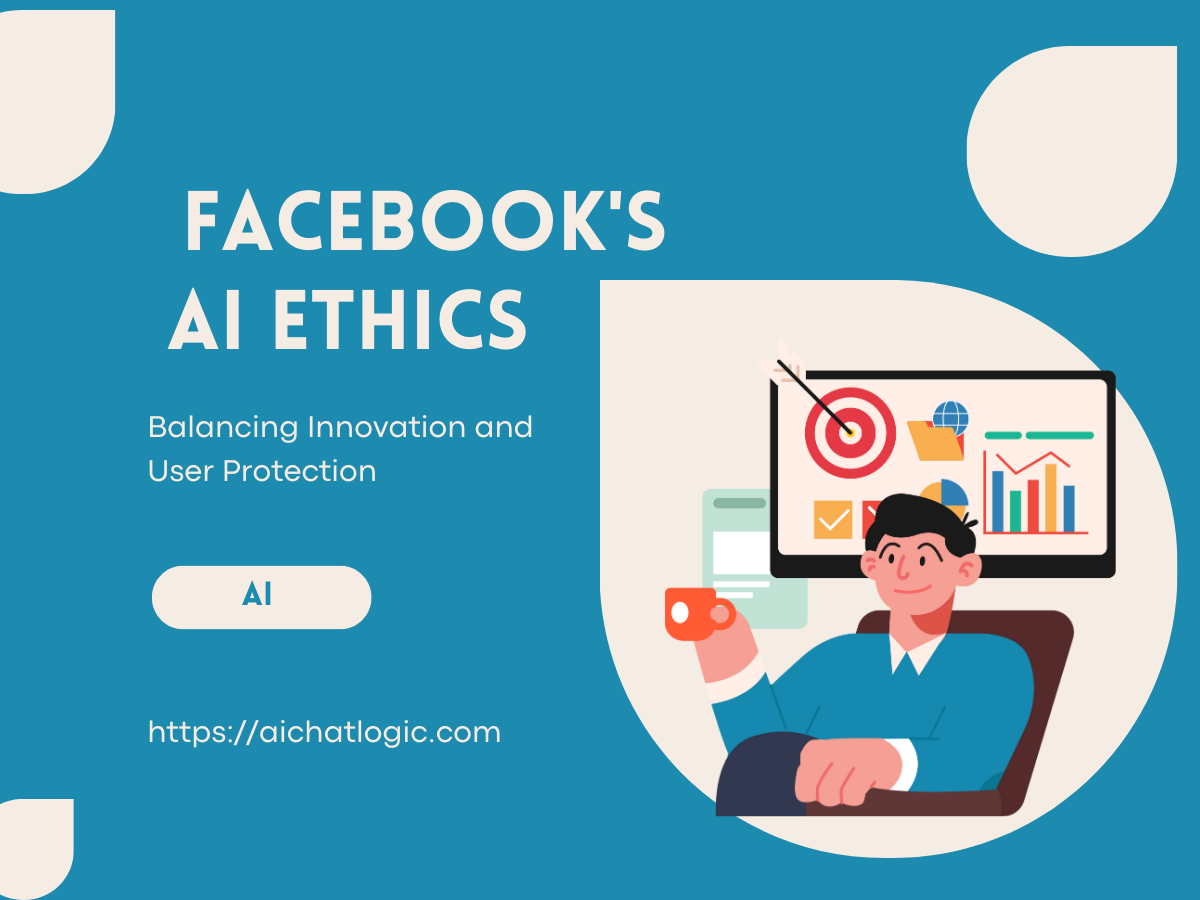
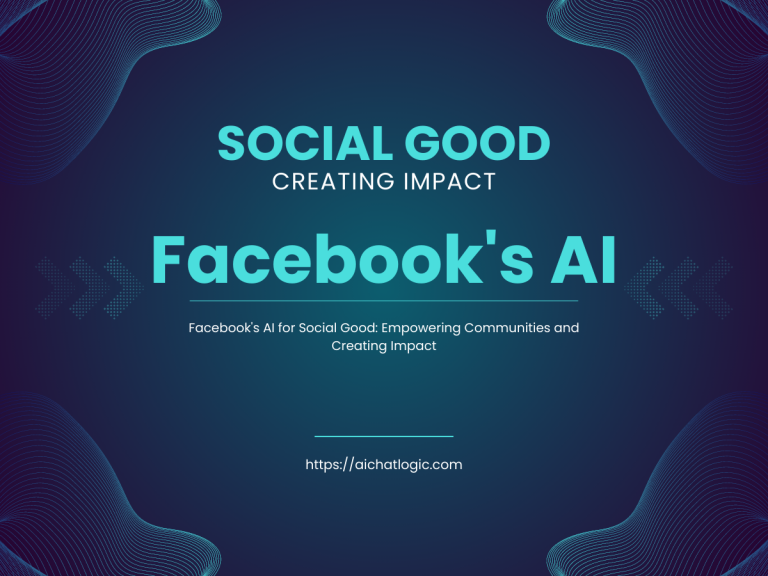
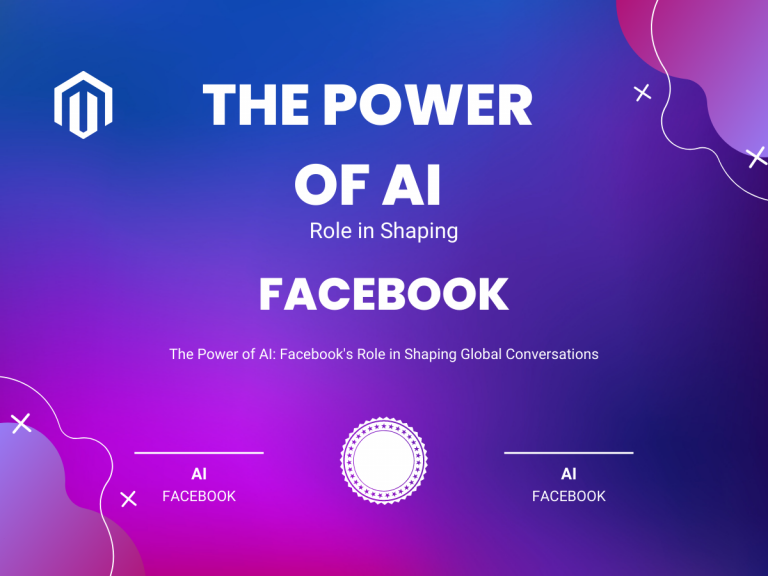
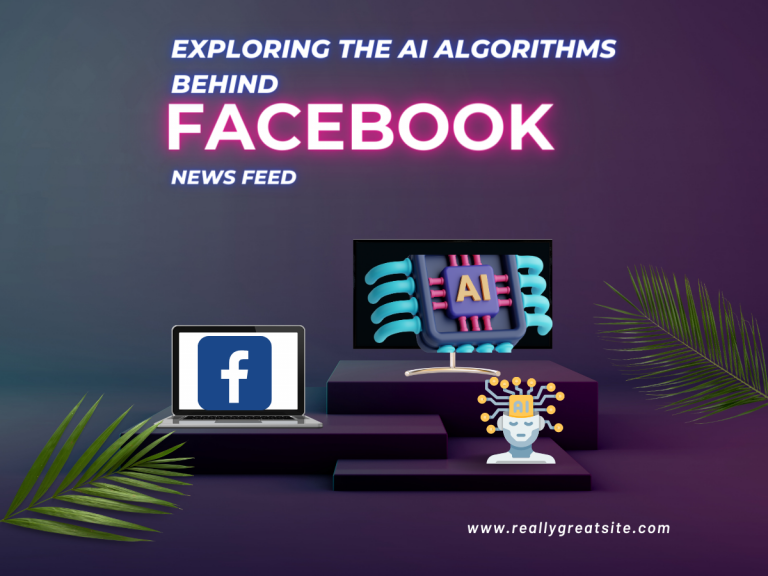




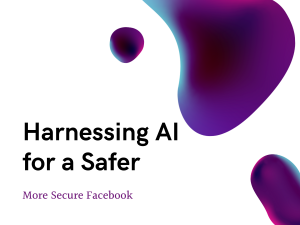



+ There are no comments
Add yours